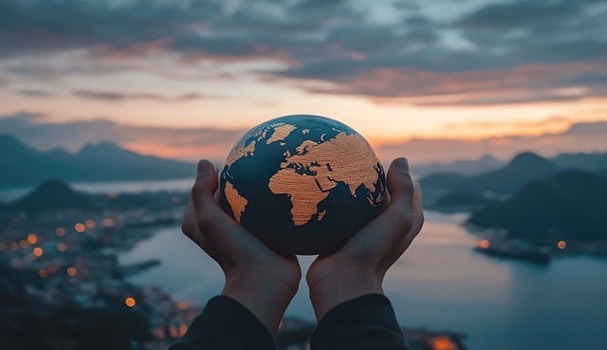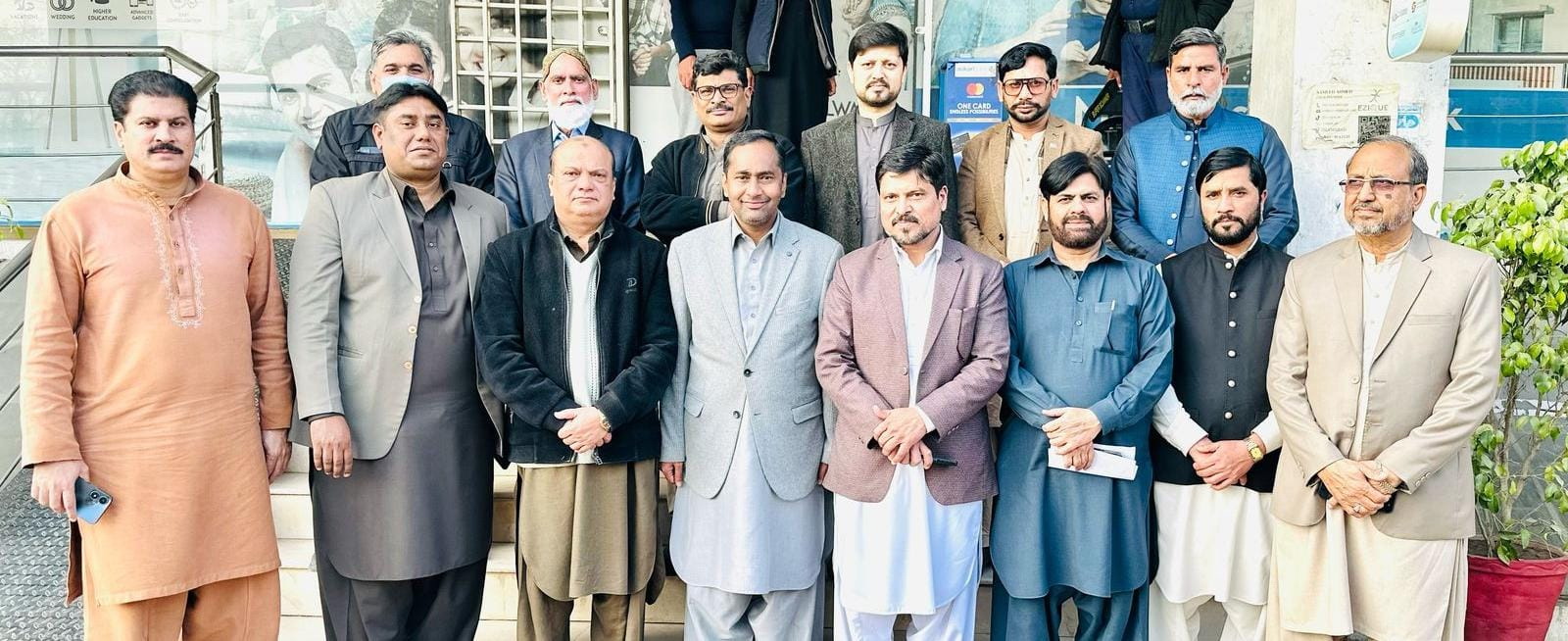SHAPING A PEACEFUL FUTURE: EDUCATION CAN END THE CYCLE OF VIOLENCE
Education plays a pivotal role in shaping a peaceful future by breaking the cycle of violence. Throughout history, societies have faced conflicts and violence, often stemming from ignorance, prejudice and lack of understanding. Education has the power to transform mindsets, promote tolerance and empathy contributing to a more harmonious and peaceful world. Today education provide individuals with knowledge, critical thinking skills and values that promotes non-violence. In modern days of education create a ripple effect that transcends generations and cultures. Now these days world plagued by conflicts, wars and injustices the role of education in fostering peace can’t be underestimated. Education equips individuals with tools to understand complex issues and embrace diversity.
When people are educated about different cultures, religions and perspectives it foster mutual respect and understanding that reduce the likelihood of conflicts. An example of this is schools that incorporate peace education programs have shown to decrease violence among students and promote conflict resolution skills. Basic aim of education is cultivates problem solving skills that are essential in resolving disputes. Teaching individuals how to evaluate peaceful solutions that promotes a culture of dialogue and negotiations. In an increasingly interconnected world, the role of education in shaping a peaceful future cannot be overstated. Education serves as a powerful tool for breaking the cycle of violence that plagues many societies. Fostering critical thinking, empathy, and conflict resolution skills, educational institutions can cultivate individuals who are more likely to engage in constructive dialogue rather than resorting to aggression.
Moreover, education promotes social cohesion by encouraging understanding and respect among diverse cultural groups. Through inclusive curricula that highlight shared histories and values, students learn to appreciate differences rather than fear them. This understanding is crucial in preventing the escalation of tensions into violent confrontations. Furthermore, investing in education can address the root causes of violence, such as poverty and inequality. Providing marginalized communities with access to quality education, we empower individuals to break free from cycles of despair and exclusion. Ultimately, prioritizing education is vital for establishing long-term peace and stability within societies.
An increasingly globalized world, educational institutions are uniquely positioned to bridge cultural divides. Through curricula that emphasize multicultural perspectives, students gain insights into the values, traditions, and histories of various communities. This exposure cultivates empathy and appreciation for differences, which are essential components of social harmony. Collaborative learning environments encourage interaction among students from varied backgrounds.
Group projects and discussions enable individuals to share their experiences and viewpoints, breaking down stereotypes and prejudices. Such interactions not only enhance interpersonal skills but also reinforce the notion that diversity enriches society as a whole. Education is instrumental in building social cohesion by encouraging understanding and respect among diverse cultural groups. By prioritizing inclusivity in educational settings, we can foster a more harmonious society where differences are celebrated rather than feared.
The act of sharing personal narratives within a group setting encourages empathy among members. When individuals listen to each other’s stories, they begin to recognize the common humanity that transcends superficial differences. This process not only dismantles stereotypes but also cultivates an atmosphere of respect and inclusion. As students confront biases through open dialogue, they develop critical thinking skills essential for navigating a pluralistic society. Group projects and discussions are indispensable tools in promoting diversity awareness and combating prejudice. By facilitating interaction among varied voices, these collaborative efforts contribute significantly to personal growth and societal change.
A group setting serves as a powerful catalyst for fostering empathy among its members. It provides individuals with an opportunity to articulate their experiences, participants engage in a process that transcends mere storytelling; it becomes an avenue for emotional connection and understanding. This communal exchange allows members to confront their biases and preconceptions, as they are exposed to diverse perspectives that challenge their own lived experiences.
However, while the benefits of sharing personal narratives are significant, there are potential drawbacks that merit consideration. For instance, the vulnerability inherent in such sharing may lead to discomfort or anxiety among participants who fear judgment or misinterpretation of their stories. Furthermore, if not facilitated effectively, the exercise can inadvertently reinforce existing power dynamics within the group, privileging certain voices over others. Therefore, it is crucial for facilitators to create a safe and inclusive environment where all narratives can be shared and valued equally. In an era marred by conflicts, wars, and injustices, the role of education in fostering peace cannot be underestimated. Education serves as a powerful tool for social transformation, enabling individuals to cultivate critical thinking skills and develop empathy towards others. By imparting knowledge about diverse cultures and historical contexts, educational institutions can promote understanding and tolerance among students from various backgrounds.
Education equips individuals with the ability to engage in constructive dialogue rather than resorting to violence. Programs that emphasize conflict resolution and negotiation skills prepare students to address disputes peacefully. Additionally, education can empower marginalized communities by providing them with the knowledge necessary to advocate for their rights, thereby contributing to social justice and equity. Education serves as a fundamental tool for promoting understanding, tolerance, and empathy among individuals from diverse backgrounds. By equipping learners with critical thinking skills and ethical reasoning, education empowers them to engage constructively in societal discourse rather than resorting to violence.
Educational institutions have the potential to act as platforms for dialogue and reconciliation. Programs that emphasize conflict resolution and multicultural understanding can help dismantle prejudices that often fuel animosity between different groups. Nurturing a culture of peace within these institutions, we can cultivate future leaders who prioritize diplomacy over warfare.




